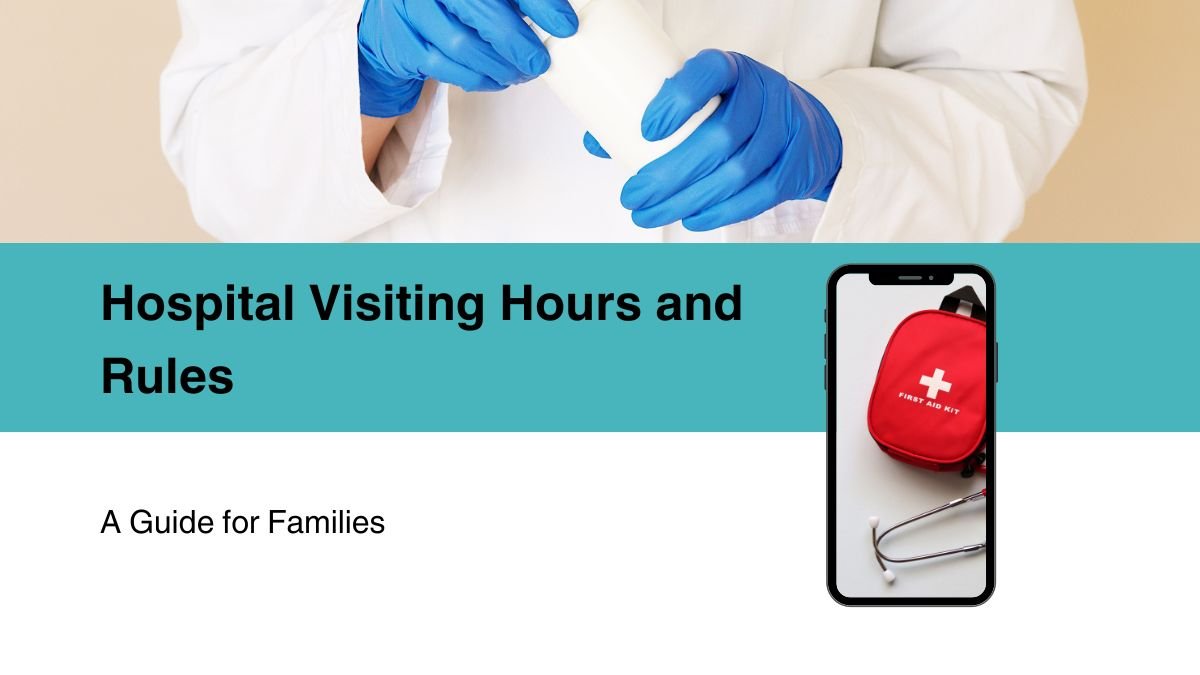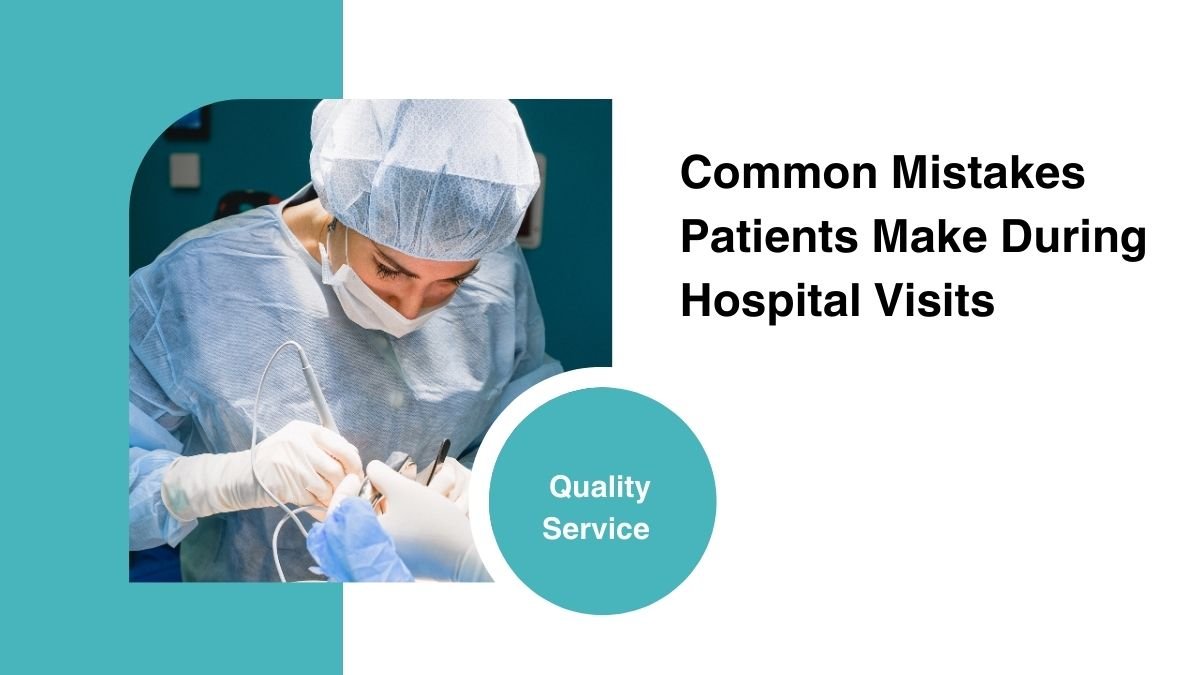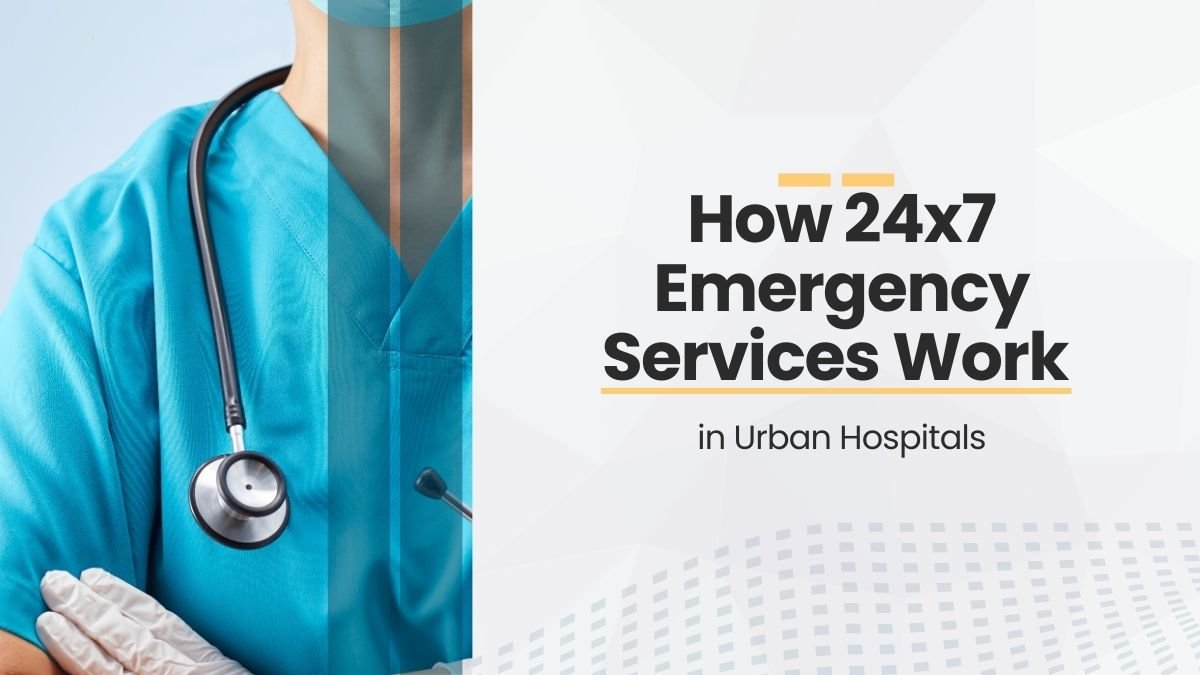When many of us fall ill, we consider the doctor’s advice as final. But do you know that always trusting only one opinion can sometimes be risky? Getting a second medical opinion is very useful before taking major decisions related to treatment. It not only confirms the correct diagnosis of your disease, but also gives you the opportunity to explore different treatment options and make better decisions.
Often patients think – “Is it right to change the doctor or take a second opinion? Will my doctor get angry?” But the truth is that getting a second opinion is every patient’s right. This is not distrust in the doctor, but a step of wisdom and precaution for your health.
Let us understand in detail why a second medical opinion is necessary and under what circumstances it can prove to be life-changing for you.
Main reasons for taking a second opinion
1. Confirmation of diagnosis
Suppose a patient has been diagnosed with cancer. It is natural to get scared on hearing the name of such a serious disease. But is it sure that the first report is correct? Sometimes there can be mistakes in lab tests or scanning.
Taking an opinion from a second doctor can confirm whether the first report is correct or not. If both doctors say the same thing, then the patient gets mental peace and also the confidence to move forward.
2. Better and accurate treatment plan
Each doctor has different experience and approach. While one doctor may recommend surgery, another doctor may suggest medicines or a less invasive (less painful and easier) treatment.
For example, in knee replacement surgery, many people are sent directly for the operation. But the second doctor may recommend physiotherapy, new medicines or injections, which may avoid the need for surgery.
3. Making the patient self-reliant
Setting a second opinion gives the patient more information and makes him feel that the decision is in his hands. This makes the patient an active participant in the process of his treatment, not just a “medicine taker”.
When you listen to two doctors, you get a chance to ask questions and understand your options. It increases both your mental strength and confidence.
4. Helpful in rare or complex diseases
Some diseases are so rare that not every doctor has much experience with them. In such cases, taking advice from another specialist is very helpful.
Suppose someone has a rare type of blood cancer. One doctor may have limited knowledge of treatment, but another specialist can provide information about new techniques or clinical trials.
5. Before major surgery
No surgery is easy, especially when it is invasive, that is, it has a major impact on the body. Like heart surgery, brain surgery or spinal surgery. In such cases, taking a second opinion is very important.
This makes it clear whether the operation is really necessary or there is some other option.
6. Saving of cost and time
Many times, by taking a second opinion, the patient is saved from unnecessary treatment or surgery. This not only reduces physical discomfort, but also saves a lot of money and time.
For example, if someone is having frequent headaches and the first doctor directly advises MRI and operation, then the second opinion may suggest treatment with only medicines and lifestyle changes.
When should a second opinion be taken?
It is not necessary to take a second opinion in every disease, but there are some situations where it can be very beneficial.
- Diagnosis of a serious or life-threatening diseaseLike cancer, serious heart disease or any major neurological problem.
- Rare or unusual diseaseWhere the doctor himself says that the case is “rare”.
- When a major surgery is recommendedLike amputation of a limb, heart bypass or brain surgery.
- When the treatment plan does not seem clearIf the doctor’s suggestion seems incomplete or confusing to you.
- When the disease does not improve despite treatment
If the problem persists even after taking medicines for a long time.
Is it an insult to the doctor to take a second opinion?
Often patients fear that their doctor will get angry if they take a second opinion. But the reality is that even good doctors themselves advise the patient to take a second opinion.
In the medical field, it is believed that “second opinion is the patient’s right”. The doctor’s job is to give information to the patient, but the final decision should always be that of the patient.
How to take a second opinion?
- Keep all your reports, tests and X-rays organized and with you.
- When meeting a new doctor, tell the whole story clearly – since when has the problem been there, what medicines are you taking, what treatments have been done so far.
- Ask the new doctor questions with an open mind – is any other treatment possible, can surgery be postponed, what are the side effects of the new treatment.
- Compare the opinions of both the doctors and take a decision together with the family.
A real example
Suppose a patient was diagnosed with brain tumor and was advised to undergo surgery immediately. The family panicked. But they took a second opinion. The second doctor examined the tumor and said that it was very small and could be controlled with medicines and regular checkups.
This not only averted a major surgery, but also provided mental relief and financial savings to the patient.
Conclusion
Taking a second medical opinion is a wise step, not one of fear or doubt. It helps to secure your health and choose the right treatment.
- It confirms the diagnosis.
- Better and modern treatment options are available Brings relief.
- Makes the patient self-reliant and aware.
- Raises new hope in serious and rare diseases.
- Saves unnecessary expenses and surgery.
Remember, your health is your biggest asset. No decision regarding it should be made in haste or based on incomplete information. By taking a second opinion, you can choose the safest and right path for yourself.









